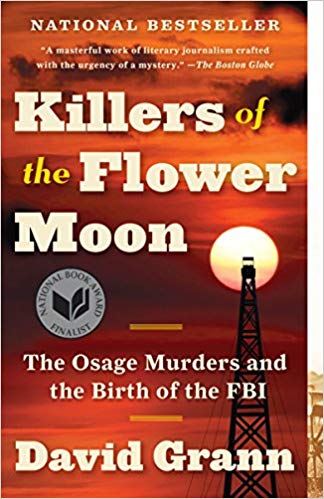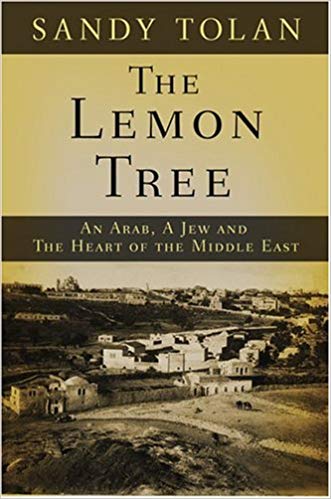While Jeremy is in Israel on our July Study Tour, we are turning this week’s Friday message over to our staff—we asked them to create a Summer Reading List full of recommendations for books they love and use in their work. Here is a selection of JCRC staff recommendations:

Common Ground by J. Anthony Lukas—recommended by Aaron Agulnek, Director of Government Affairs
Common Ground is about the history of race relations in the City of Boston, through the lens of busing and rising tensions in the 1960s and 70s. This book focuses on three families, one Black, one Irish, and one Yankee, and how their backgrounds and history impacted their perspective on busing. The stories and characters feel contemporary, because their stories are the stories of modern Boston. We still live in the shadow of those turbulent times and continue to confront the ongoing impacts of racism and discrimination.
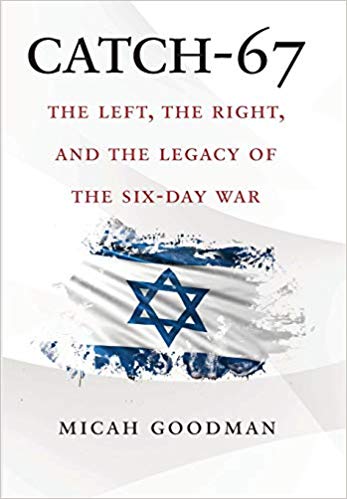 Catch-67 by Micah Goodman—recommended by Eli Cohn-Postell, Director of Israel Engagement:
Catch-67 by Micah Goodman—recommended by Eli Cohn-Postell, Director of Israel Engagement:Catch-67 was a bestseller in Israel for months following its release in 2017. It was translated to English last fall and is essential reading for anyone who wants to understand the Israeli perspective on making peace with the Palestinians in the West Bank. In this pleasantly accessible book, Goodman breaks down the historic arguments of Israel’s right and left as they relate to Israel’s presence in the West Bank since the 1967 Six-Day War. He concludes that most Israelis believe that withdrawing from the West Bank is essential to preserving Israel as a Jewish and democratic state. However, most Israelis also believe that withdrawing from the West Bank would be the end of Israel as a Jewish and democratic state. Israel cannot remain in the West Bank, but it also cannot leave, and thus Catch-67. What are the next steps that can extricate Israel from this dilemma? Goodman has insightful and original proposals to answer that question.
Killers of the Flower Moon by David Grann—recommended by Barry Glass, Director of TELEM
Killers of the Flower Moon is a book about the murders of Osage Native People in Oklahoma at the beginning of the 1900s, to steal their land that had valuable oil fields. I read it in anticipation of my trip to the Grand/Bryce/Zion Canyon in April, a trip where I met a Navaho man at a craft market. I was surprised to learn that he had visited the New England Holocaust Memorial several years ago and said that it was his most enduring memory of his three summers as a teen in the Boston area.
The Lemon Tree by Sandy Tolan—recommended by Rachel Goldberg, Israel Engagement Program Manager
JCRC’s Pages for Peace book club uses literature as a tool to grapple with the challenges of the Israeli-Palestinian conflict. This year, from January to June, we read The Lemon Tree, which is “the true story of one house, two families, and a common history emanating from walls of Jerusalem stone on the coastal plain east of Tel Aviv and Jaffa.” Together, we wrestled with our preconceived notions of the Israeli-Palestinian conflict and how the fates of Israelis and Palestinians are, as Mr. Tolan put it, both separate and intertwined.
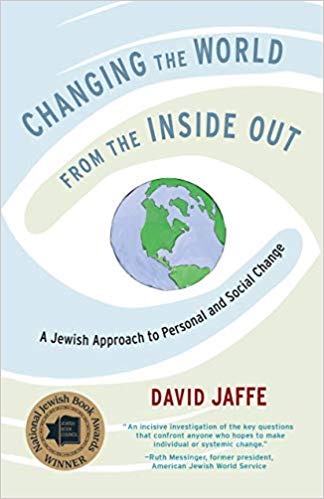
Changing the World from the Inside Out: A Jewish Approach to Personal and Social Change by Rabbi David Jaffe—recommended by Rachie Lewis, Director of Synagogue Organizing
This book, written by JCRC staff alum Rabbi David Jaffe, has provided me with the spiritual nourishment in my justice work that the time we are living in requires. We have valuable tools in our Jewish tradition, and specifically in the practices of Mussar (moral instruction), that help us remain strong, connected, and clear for the long haul. Rabbi Jaffe is a key person in showing us how to use them.
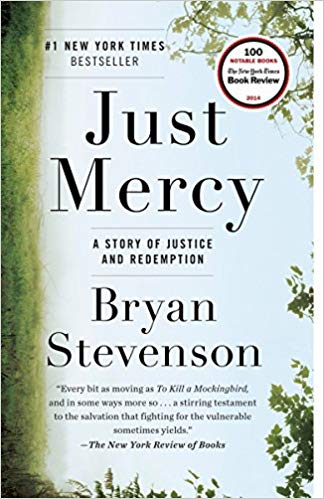
Just Mercy by Bryan Stevenson—recommended by Nahma Nadich, Deputy Director
Through Stevenson’s mesmerizing storytelling, he illustrates how slavery has evolved over the years through Jim Crow to its present form; the mass incarceration of black and brown people in this country. He tells of his lifelong efforts to compel justice for the poor and disenfranchised; people on death row, prisoners serving life sentences, and an astonishing number of people behind bars for no reason other than their own poverty. Miraculously, he manages to inject a note of hope, as he lays out his prescription for how we can come to terms with our shameful past and unleash new possibilities for our future as Americans.
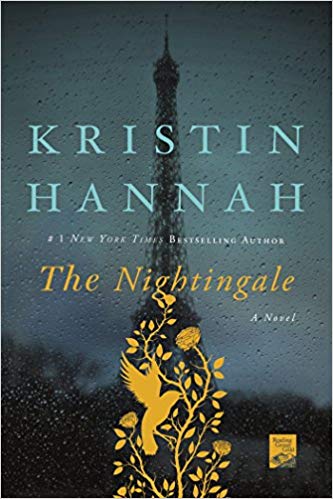
The Nightingale by Kristin Hannah—recommended by Emily Reichman, Director of Service Initiatives
As we begin marking the 75th anniversary of the liberation of the concentration camps and the end of the Holocaust, which began this month in 1944, I’ve been thinking more about the stories we are told from that time, along with the stories we don’t hear. The Nightingale is the fictionalized account of two women who participated in the French resistance movement during the war, one who smuggled downed British airmen across the Pyrenees into Spain, and the other who hid Jewish children in a local convent. The Nightingale highlights the important role women played in the French resistance that is often overlooked by history.
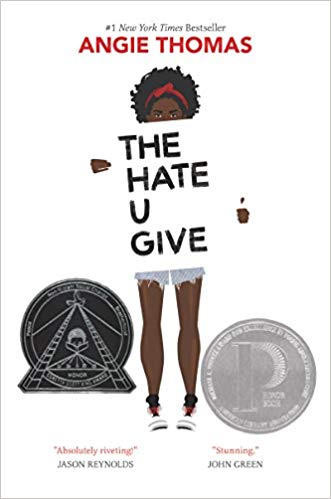
The Hate U Give by Angie Thomas and The Other Wes Moore by Wes Moore—recommended by Rebecca Shimshak, Director of the Greater Boston Coalition for Literacy (GBJCL)
We showcased these two books at our annual workshops for our literacy tutors. The Hate U Give, about a police shooting, involved a discussion on JCRC’s efforts to prevent gun violence. The Other Wes Moore documents the lives of two men raised in Baltimore named Wes Moore, one who was convicted for murder and given a life-sentence, and one grew up to be a Rhodes scholar—we discussed education equity and literacy advocacy in Massachusetts with organizers from Stand for Children. Both books speak to the disparity in educational and social experiences of many of the tutees, so they resonated with many of our tutors.
Do you have any books that are must-reads? Please share them with us!
Shabbat shalom,
Your friends at JCRC


